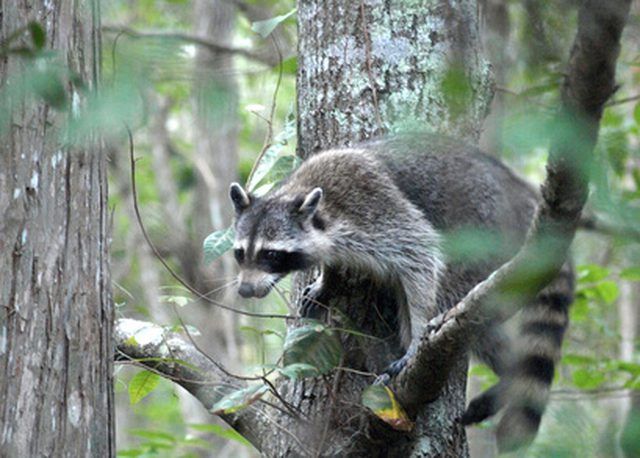Bulbs
Flower Basics
Flower Beds & Specialty Gardens
Flower Garden
Garden Furniture
Garden Gnomes
Garden Seeds
Garden Sheds
Garden Statues
Garden Tools & Supplies
Gardening Basics
Green & Organic
Groundcovers & Vines
Growing Annuals
Growing Basil
Growing Beans
Growing Berries
Growing Blueberries
Growing Cactus
Growing Corn
Growing Cotton
Growing Edibles
Growing Flowers
Growing Garlic
Growing Grapes
Growing Grass
Growing Herbs
Growing Jasmine
Growing Mint
Growing Mushrooms
Orchids
Growing Peanuts
Growing Perennials
Growing Plants
Growing Rosemary
Growing Roses
Growing Strawberries
Growing Sunflowers
Growing Thyme
Growing Tomatoes
Growing Tulips
Growing Vegetables
Herb Basics
Herb Garden
Indoor Growing
Landscaping Basics
Landscaping Patios
Landscaping Plants
Landscaping Shrubs
Landscaping Trees
Landscaping Walks & Pathways
Lawn Basics
Lawn Maintenance
Lawn Mowers
Lawn Ornaments
Lawn Planting
Lawn Tools
Outdoor Growing
Overall Landscape Planning
Pests, Weeds & Problems
Plant Basics
Rock Garden
Rose Garden
Shrubs
Soil
Specialty Gardens
Trees
Vegetable Garden
Yard Maintenance
Roof Damage From Raccoons
Roof Damage From Raccoons. Raccoons, sometimes called “the masked bandits,” are clever creatures, but a nuisance to homeowners. Their manipulative claws can open garbage cans, jars and door latches and tear off roof coverings. Roof damage is a common occurrence with raccoons because of the attractions a home and attic present.

Raccoons, sometimes called "the masked bandits," are clever creatures, but a nuisance to homeowners. Their manipulative claws can open garbage cans, jars and door latches and tear off roof coverings. Roof damage is a common occurrence with raccoons because of the attractions a home and attic present.
Damage
Female raccoons tear the shingles off roofs in an effort to get into the attic or wall space, places where they love to make their dens. They will also tear off fascia boards, rooftop ventilators, aluminum and other roof coverings, creating frustrating and expensive damage in addition to the destruction and noise they make inside the attic. As nocturnal creatures, raccoons run around at night in the attic while you are trying to sleep.
Purpose
Raccoons see homes and gardens as a source of food and a place to establish a den. Attics offer all the requirements a raccoon needs: safety from predators, shelter from the elements and nearby food (your garbage can or pet food left outdoors). A raccoon that arrives in the attic in the springtime, between February and June, is most likely a mother with a litter of pups that wants to make a nest in an attic. Raccoons also create dens and nests in wall space, roofs and chimneys.
Dangers
Raccoon infestation is not only an expensive nuisance but also a potential danger. Once inside, raccoons bring parasites like ticks and mites and diseases like raccoon roundworm (Baylisascaris) and leptospirosis into the house. Raccoons can also carry rabies, although according to The Humane Society website, as of 2009 only one case of human death as the result of raccoon rabies has ever been documented.
Prevention
To prevent damage to the roof and the rest of a home, reduce the attractiveness of a home as a raccoon habitat. Use metal garbage cans with secure lids and place them in a rack or tie them to a post to prevent tipping. Remove pet food from outdoors before nightfall and whatever you do, avoid intentionally feeding raccoons. Control access to the roof by cutting back tree branches that raccoons can use to climb onto the roof. Leave a gap of at least 5 feet between roof and tree, says the University of California Statewide Integrated Pest Management Program (IPM) website.
Management
It's difficult to get rid of raccoons, particularly a female raccoon that has made a nest in a home. Mother raccoons become very attached to the den site. Raccoons separated from their young will do anything to get back to them. According to the University of California IPM website, gadgets designed to frighten raccoons and wildlife repellents are ineffective. Ordinary fences won't keep the raccoons out and adding electric wire requires some consideration and isn't always appropriate. A professional wildlife control service, however, can remove raccoons from a house and seal it up against re-entry. Professional services also find and remove any babies, which can otherwise be left to starve. Consulting a professional service may be the best solution to raccoon infestation.